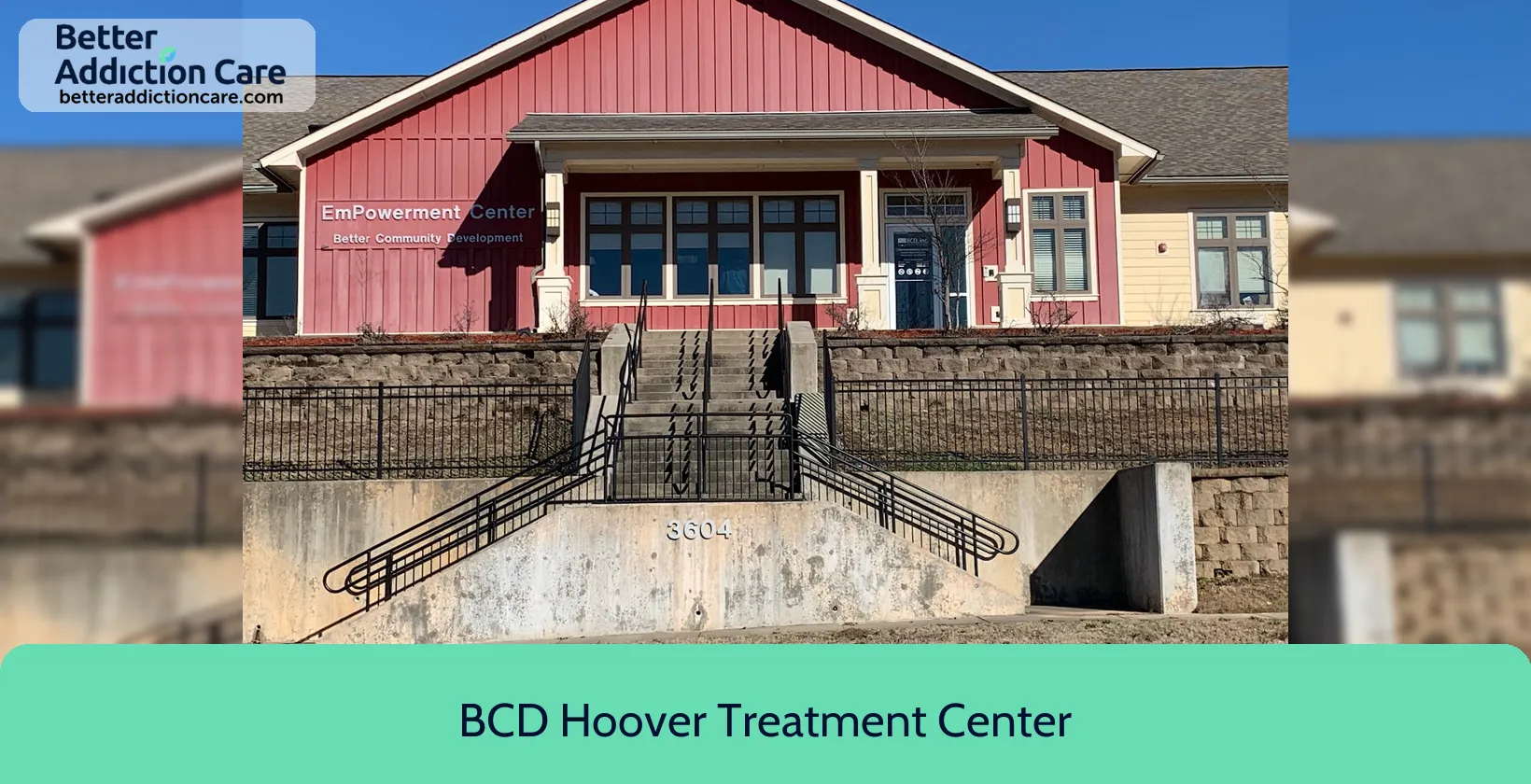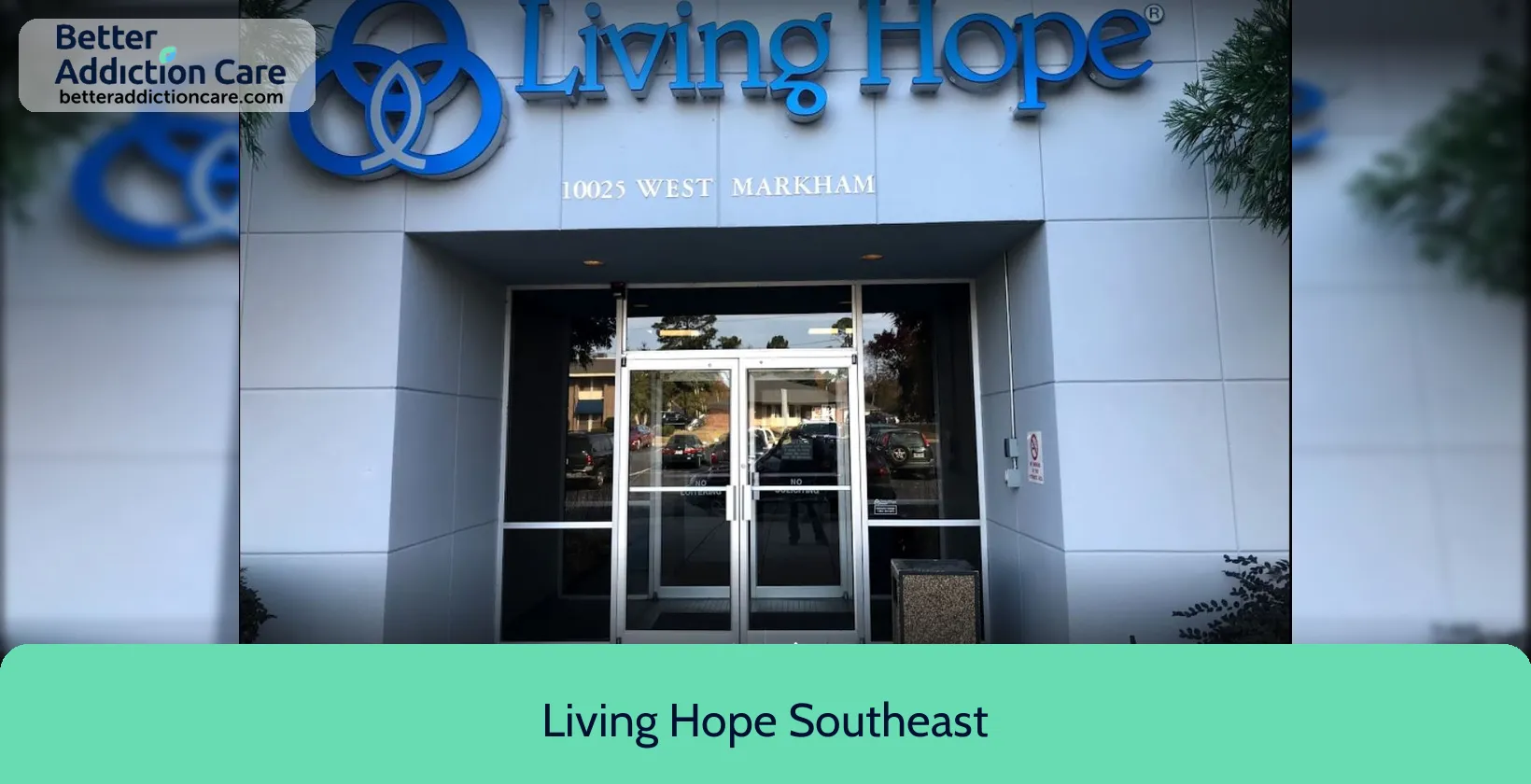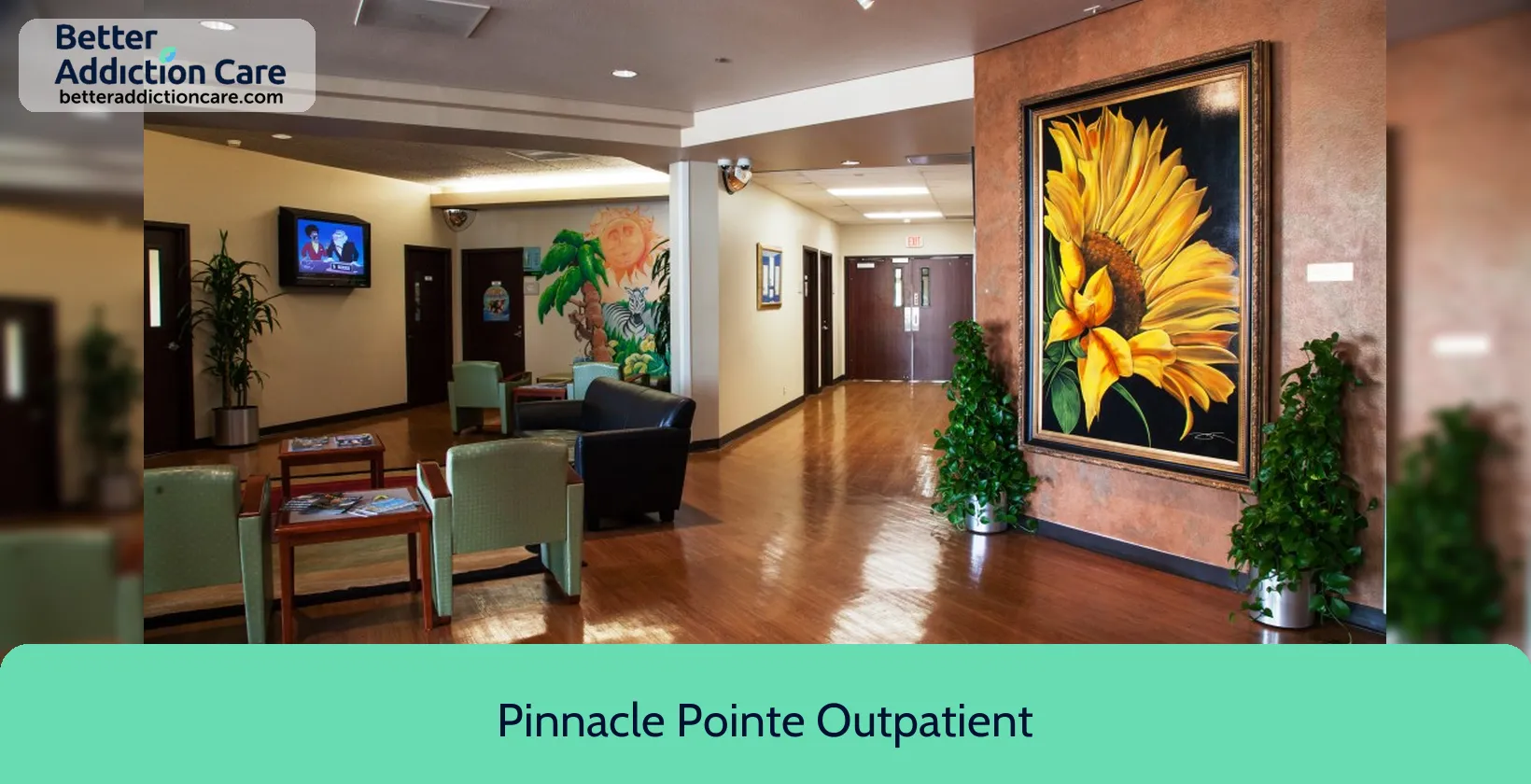Pinnacle Pointe Outpatient
Overview
Pinnacle Pointe Outpatient is a mental health treatment center for people seeking treatment near Pulaski County. As part of their treatment modalities for recovery, Pinnacle Pointe Outpatient provides couples/family therapy, group counseling, and cognitive behavioral therapy during treatment. Pinnacle Pointe Outpatient is located in Little Rock, Arkansas, accepting cash or self-payment for treatment.
Pinnacle Pointe Outpatient at a Glance
Payment Options
- Cash or self-payment
- Medicaid
- State-financed health insurance plan other than Medicaid
- Private health insurance
- Federal military insurance (e.g., TRICARE)
Assessments
- Comprehensive mental health assessment
- Comprehensive substance use assessment
Age Groups
- Young adults
- Children/adolescents
- Adults
Ancillary Services
- Case management service
- Court-ordered outpatient treatment
- Family psychoeducation
- Psychosocial rehabilitation services
- Suicide prevention services
Highlights About Pinnacle Pointe Outpatient
6.68/10
With an overall rating of 6.68/10, this facility has following balanced range of services. Alcohol Rehabilitation: 8.00/10, Drug Rehab and Detox: 6.00/10, Insurance and Payments: 6.00/10, Treatment Options: 6.73/10.-
Alcohol Rehabilitation 8.00
-
Treatment Options 6.73
-
Drug Rehab and Detox 6.00
-
Insurance and Payments 6.00
Treatment At Pinnacle Pointe Outpatient
Treatment Conditions
- Alcoholism
- Mental health treatment
- Substance use treatment
- Co-occurring Disorders
Care Levels
- Outpatient
Treatment Modalities
- Couples/family therapy
- Group counseling
- Cognitive behavioral therapy
- Dialectical behavior therapy
- Integrated Mental and Substance Use Disorder treatment
Ancillary Services
Special Programs
- Clients with co-occurring mental and substance use disorders
- Clients who have experienced trauma
- Children/adolescents with serious emotional disturbance (SED)
- Persons 18 and older with serious mental illness (SMI)
- Persons with post-traumatic stress disorder (PTSD)
Get Help Now
Common Questions About Pinnacle Pointe Outpatient
Contact Information
Other Facilities in Little Rock

6.59

6.83

6.77

7.54

6.86

7.09

7.14

6.74
Browse rehab centers near Little Rock and in other cities across Arkansas
DISCLAIMER: The facility name, logo and brand are the property and registered trademarks of Living Hope Southeast, and are being used for identification and informational purposes only. Use of these names, logos and brands shall not imply endorsement. BetterAddictionCare.com is not affiliated with or sponsored by Living Hope Southeast.

